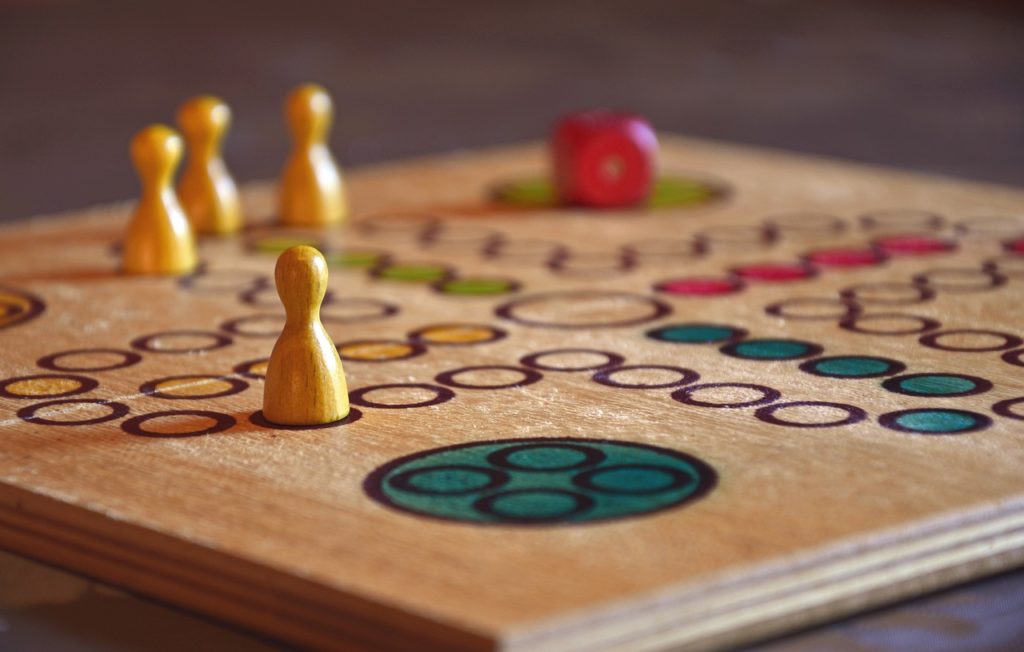
In this video, Sarinah O’Donoghue discusses autistic meltdowns: what they are, how to identify them, their effects, and how to help someone experiencing them—based on her own experiences.

Board gaming is a growing industry, and anecdotally popular among autistic people.
New research has highlighted the science supporting the anecdote – and, for the first time, the essential reasons behind the link.
The research, led by researchers at the University of Plymouth, consisted of five studies. Together, these studies demonstrated that autistic people are more likely to be involved in board gaming than the general population. Additionally, the research found that playing modern board games, such as Dixit or Werewolf, offered a structured social outlet for autistic people.
They demonstrated that playing board games relieved the pressure of uncertain social interactions, eliminating the need for small talk and offering a form of escape.
How did the research work?
In the first research study, 1,600 board gamers worldwide were surveyed. The results showed that around 7% of the participants were diagnosed as autistic, compared to just 1% of the general population. Additionally, 30% of the surveyed individuals exhibited significantly high levels of autistic traits, as determined by a widely used self-administered questionnaire called the Autism Spectrum Quotient (AQ).
In the second study, 13 in-depth interviews were conducted with participants who were hobbyist board gamers and had been diagnosed with autism. They were asked about their experiences with board games and how they felt the hobby interacted with their condition. The themes uncovered included finding the games both ‘comforting’ and ‘stimulating’, enabling gamers to engage with their passions, and how games act as an alternative vehicle for social communication.
In the third study, 28 autistic individuals who were not already involved in the hobby were introduced to board games in groups of between five and ten over an afternoon. Subsequent focus groups were then analysed, uncovering themes around how board games are challenging but encourage growth and how they are an alternative method for forging social relationships.
Studies four and five report the results of two-year-long interventions involving weekly board game sessions, one with autistic adolescents at a special educational needs (SEN) school and the other with autistic adults, many with an intellectual disability. Results showed that the gaming intervention built community, independence, and skills among both groups.
What do the experts say?
The work was co-led by Dr Liam Cross and Dr Gray Atherton from the University of Plymouth’s School of Psychology.
Dr Atherton said: “We know that board games are a safe and valuable hobby to many people with autism. What this research established was why that’s the case, and we want to use the findings to conduct future work.
“The findings as a whole aren’t a shock, but what is surprising is the lack of evidence underpinning board game use as an intervention for people with autism. Hearing the feedback from the study participants was motivating to try and push this forward in different settings – and is further reinforced by another recent study we’ve published in the Journal of Simulation and Gaming on the game mechanics that might work for other people in specific populations.
“Everyone with autism is unique, and we want to ensure any interventions could be adapted as needed for those who might benefit.”
Dr Cross added: “When we talk about hobbyist board gaming, we don’t just mean a family game of Monopoly now and then. We suggest the kind of newer games that individuals play frequently at places like board game cafés. It’s a popular hobby, and we’re pleased to have been able to shed more light on its importance for so many people.
“We’re also using our research to support adapting existing games for people with autism to make their gameplay even more accessible and enjoyable. We have recently returned from a board gaming conference in Canada to share our findings with the community. It’s an exciting area to work in.”

Don’t miss out on this compelling panel discussion that will thoroughly explore the distinct perspectives of several autistic women as they share their experiences across various stages of life. The confident panellists will elucidate the strengths and challenges of diagnosis, co-occurring conditions, social and sensory experiences, education, parenting, family life, careers, and community. The exceptionally well-moderated discussion will be led by Jacquelyn Fede, PhD, Assistant Research Professor at the University of Rhode Island, Department of Psychology and Co-founder/Co-director at Autism Level UP!, and Nicole Sparapani, PhD, CCC-SLP, Assistant Professor at the School of Education at UC Davis and the UC Davis MIND Institute. The esteemed panellists include Kristen Godfrey, an assertive autistic advocate and Graduate student in Developmental Psychology; Lisa Malins, a determined bioinformatician and autistic neurodiversity advocate; Erica Mineo, a passionate musician and undergraduate pre-veterinary student, and Chloe Rankin, a powerful Motivational Speaker on Autism and Graduate Student at the University of California, Davis. This event promises to be both enlightening and impactful.